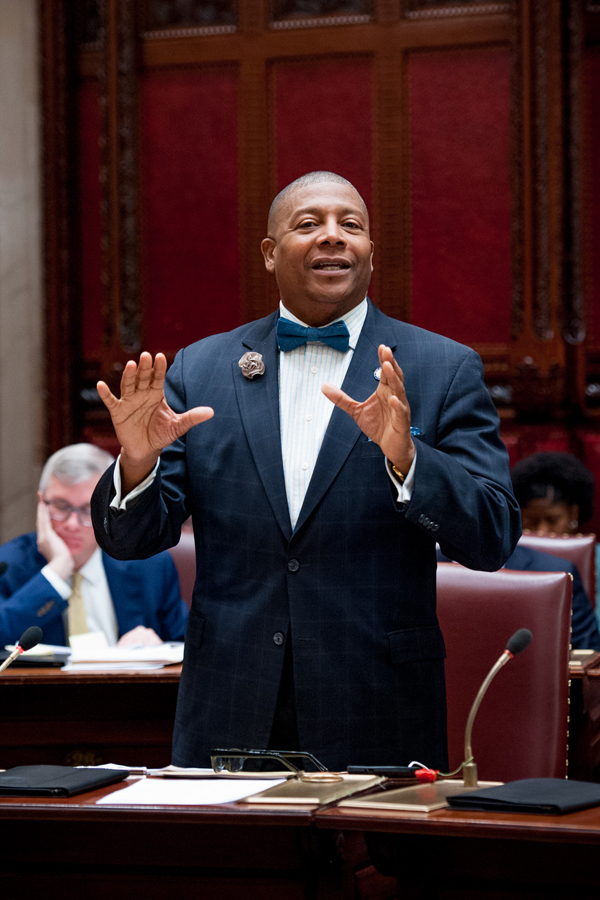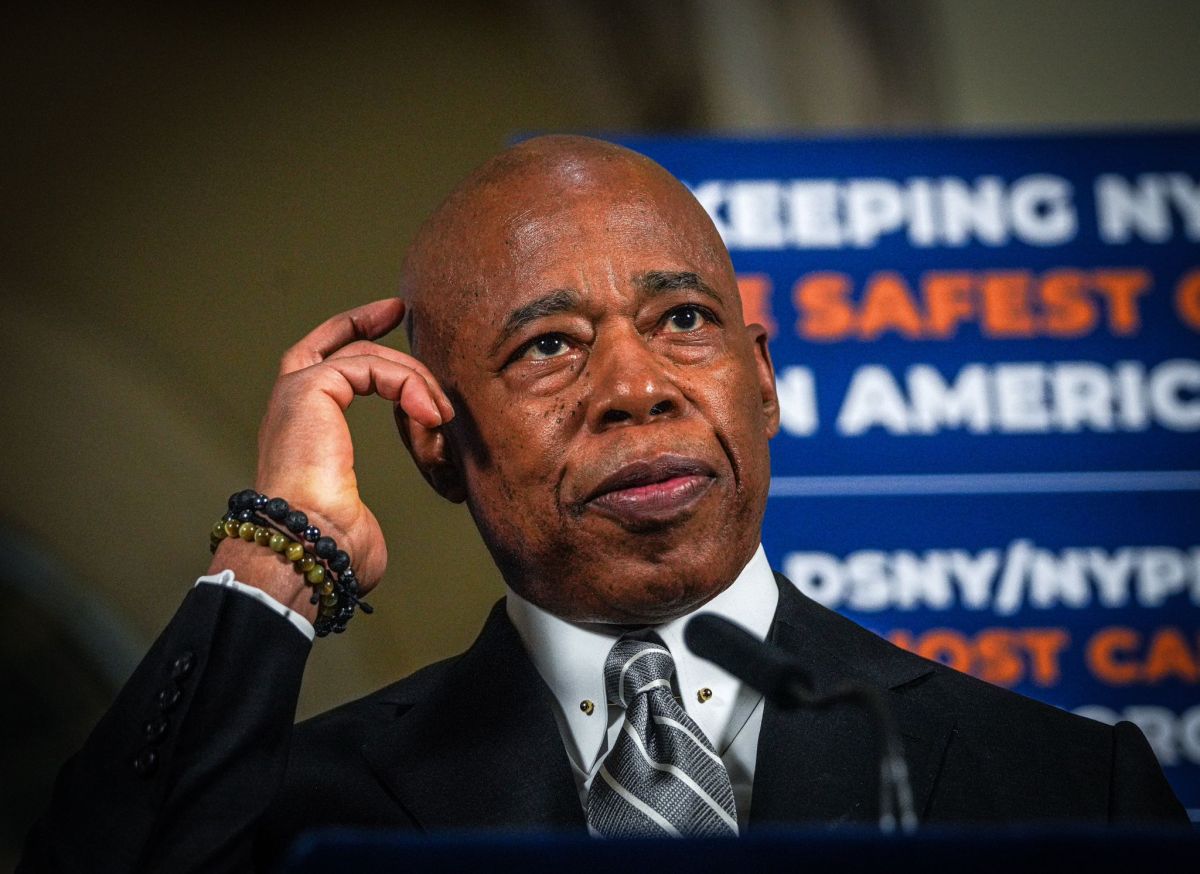BY STATE SENATOR JAMES SANDERS, JR.
In a recent speech in New Hampshire, President Donald Trump advocated for the use of the death penalty as punishment for certain drug dealers. He said he would target high volume traffickers whom he referred to as “big pushers,” who he said kill thousands of people during their lifetime. “If we don’t get tough on the drug dealers, we are wasting our time,” Trump said. “And that toughness includes the death penalty.”
Attorney General Jeff Sessions expressed support for President Trump’s stance and said that he would “seek the death penalty wherever appropriate.”
Surprisingly this drastic idea has been on the books for a while. Former President Bill Clinton signed a capital punishment statute in 1994, stating that drug dealers can be executed, but federal prosecutors have never used it. That’s likely because “In the absence of a direct link to death, the constitutionality of death penalty prosecution is shaky at best,” according to Douglas Berman, a law professor at Ohio State University.
However, President Trump reportedly got the death penalty for drug dealers idea, after speaking to Singapore’s Prime Minister who told the Commander-in-Chief that his country has virtually no drug problem because of its use of the death penalty. Nevertheless, the United States is not Singapore.
We have different social and economic factors behind the selling and use of drugs, and therefore need to look at alternative punishments that will both prevent crime and rehabilitate offenders. In addition, according to Amnesty International, “Singapore’s continued reliance on mandatory death sentences, which violate international law, has meant that dozens of low level drug offenders have been sent to death row in recent years.”
In Singapore, mandatory death sentences for drug dealers do not take into account any extenuating circumstances surrounding the crime, and according to Amnesty International, the majority of people who are condemned to death row were driven to selling drugs because of unemployment or to pay off debts. Singapore also condones caning as a method of punishment. Remember Michael Fay, the American Citizen who received six strokes of the cane for theft and vandalism. Here we would consider that torture.
If you really want to punish people who kill other people by perpetuating the misuse of drugs, then I think you should condemn the opioid companies, and not necessarily with capital punishment. There are other roads. In January, New York City filed a lawsuit against these manufacturers and distributors who are responsible for the high cost of the deadly opioid epidemic. The goals are for the city to receive financial compensation for the money it spent to address problems caused by the company’s products, and to promote a change in future corporate behavior.
Trump has reportedly said that the U.S. government needs to make drug dealers fear for their lives. Perhaps President Trump, having led a sheltered life of privilege, does not realize that drug dealers don’t need the threat of the death penalty to fear for their lives. Every day on the street, turf wars, drug deals gone bad, unpaid debts and a host of other factors can all lead to pushers losing their lives.
Locally, in the Rockaways for example, the Queens District Attorney does periodic and massive drug sweeps, but just as those individuals get pulled from the streets, more people come up to replace them. I contend that there is a better way to teach youth about staying away from drugs. Programs like “Just Say No,” and “D.A.R.E” – Drug Abuse Resistance Education, are just a few examples. For decades, tough prison sentences was how our country handled the so-called war on drugs.
The US currently has the highest incarceration rate of any nation in the world, and about half of all federal prisoners are locked up for drug crimes, but under former President Obama, we saw a shift from criminalization to rehabilitation. That’s the road we should be on, and when it comes to high-level drug traffickers, hit them in the purse strings, by shutting down their operation or eliminating potential customers through anti-drug education.





































